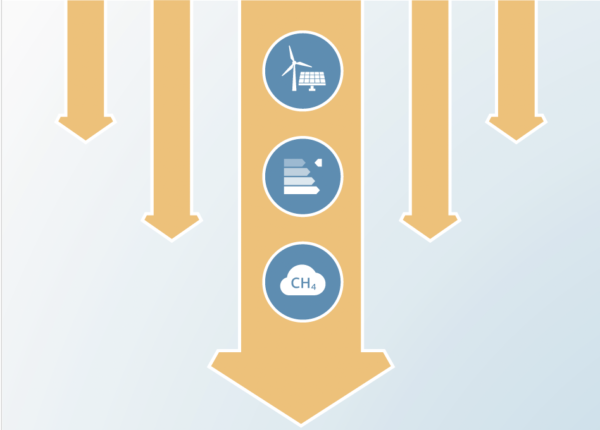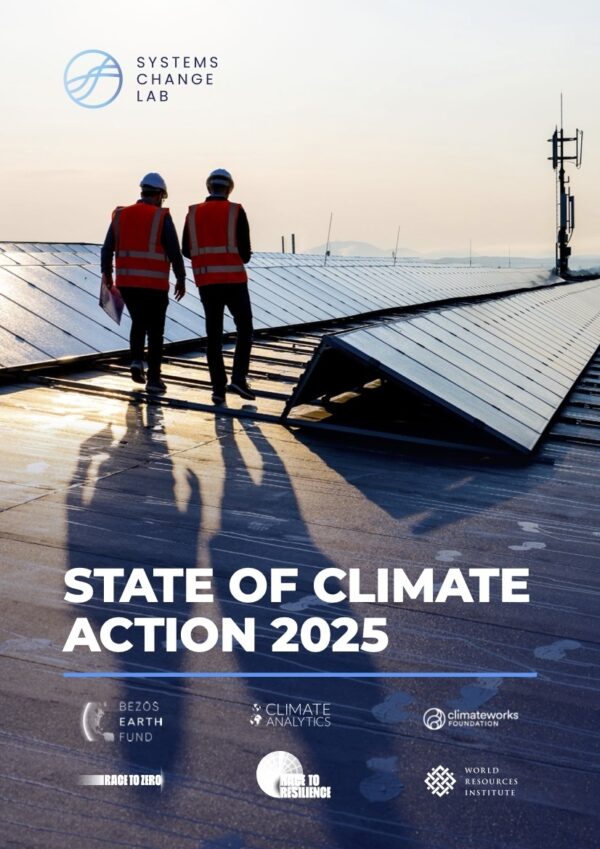About 80% of EU and German, virtually all Polish coal plants non-compliant with new EU 2021 air pollution regulations
Authors
Climate Analytics
Share

Apart from being the largest source of CO2 emissions, coal combustion is also a major threat to public health globally. About 82% of EU, 80% German and virtually all Polish coal power plants do not comply with a new EU regulation on industry air pollution emissions standards that they need to meet by 2021.
Issue
Scientific analysis by Climate Analytics of the energy system changes for the EU to meet the Paris Agreement’s 1.5°C warming limit show that an EU coal phase out is needed by 2030. Already nine member states – Austria, Denmark, France, Finland, Italy, Portugal, Sweden, the Netherlands and United Kingdom—accounting for 26% of EU coal capacity have announced phase out dates for coal ahead of 2030. Germany and Poland accounting for about 30% and 20% of EU coal capacity respectively, have yet to announce phase out dates.
Apart from being the largest source of CO2 emissions, coal combustion is also a major threat to public health globally. Pollution from coal plants is responsible for about 23,000 premature death in the EU every year. New EU air pollution standards that come into force in 2021 are aimed reducing pollution from this power source substantially.
About 82% of EU, 80% German and virtually all Polish coal power plants do not comply with a new EU regulation on industry air pollution emissions standards that they need to meet by 2021.
The costs for upgrading these coal power plant to meet the new air pollution regulations could be between 8-14.5 billion € for the EU – 2.4-4.3 billion € for Poland and 0.7-1.2 billion € for Germany. In addition, operating costs of these plants with more effective filters would also increase.
Given the clear need to reduce CO2 emissions from coal to almost zero by 2030 within the EU, the most economically efficient means of reducing EU air pollution, and saving lives, will be to rapidly close coal plants, and replace the power produced with renewables and cleaner technology. A coal phase out would come with multiple benefits for economy, climate and public health.
Background
- In July 2017, the European Commission adopted new, “Best Available Technique (BAT),” standards for Large Combustion Plants [1], which includes coal plants. By 2021, all EU coal-fired power plants need to meet these new standards, issued by the Commission in accordance with the Industrial Emissions Directive [2]. Right now, 82% of EU installations exceed the new 2021 standards [3]. The combined cost to upgrade them amounts to 7.9 -14.5 EUR billion. Operation costs of these plants would also increase.
- For Germany, which accounts for about 30% of the EU coal fleet, around 80% of the coal fleet expected to be still operating in 2021 would not comply with the emissions standards under the new regulations. The total costs of upgrading these would amount to 0.7-1.2 billion €. Operation costs of these plants would also increase.
- The EU’s 2030 Paris Agreement target represents only a slight increase in the rate of climate action compared to the preceding quarter-century. Neither the historical—nor the projected—rate of emissions reduction will allow the EU to meet its 2050 goal of decreasing total GHG emissions by 80–95% below 1990 levels, which was itself set several years prior to the adoption of the Paris Agreement [4].
- Coal power plants are responsible for around 18% of EU emissions [5]. To be compatible with the Paris Agreement’s temperature increase limit, this needs to be reduced to close to zero by 2030 [6]. Right now, Austria, Denmark, France, Finland, Italy, Portugal, Sweden, the Netherlands and United Kingdom—accounting for 26% of EU coal capacity—have set phase-out goals that would achieve this. The two largest coal emitters, Germany and Poland, accounting for close to half of EU coal capacity, have yet to address this issue.
- Emissions performance standards, and air quality regulations can contribute to coal phase-out. Emissions from coal-fired power plants lead to about 23,000 fatalities annually in the EU [7]. Germany´s coal fleet alone accounted for over 4000 premature deaths in 2013 [8]. Even though the modernisation of the some of the oldest installations would reduce this number, in many cases it is too expensive [9] and energy companies may be better off to close their power plants instead of retrofitting them [10].
- Closing these plants would be a classic win-win outcome, as they are “low-hanging fruit” to achieve emissions reductions and their closure would result in society being better off in terms air pollution and health while capital that would otherwise go to fossil-fuel intensive industries can be profitably reinvested in secure long term renewable capacity [11].











